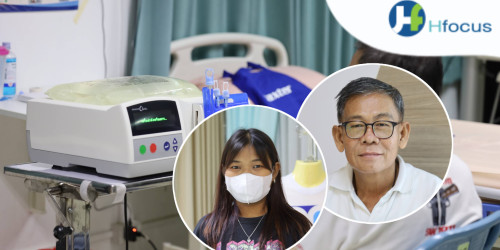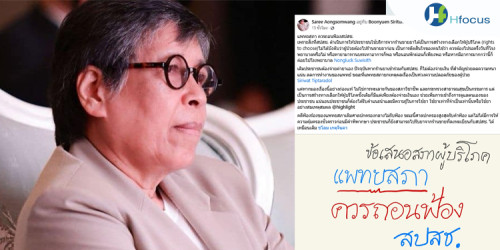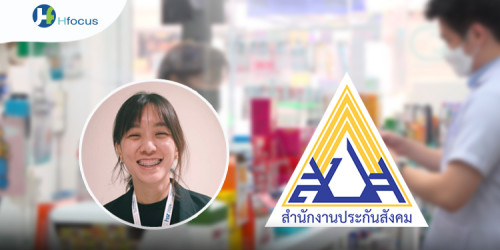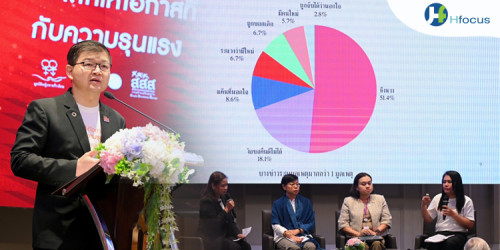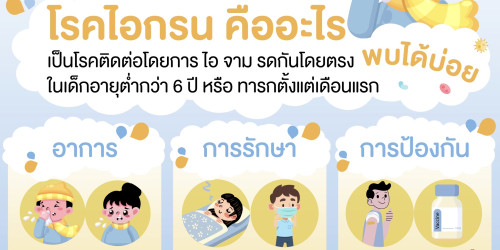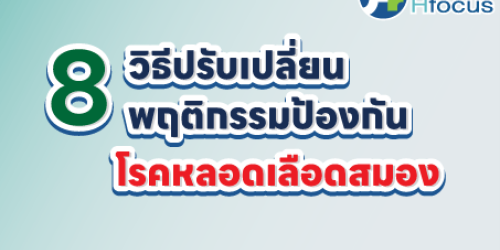Authorities urged to limit availability of costly medication; focus on basics
The government's efforts to lower the cost of the Civil Servant Medical Benefit (CSMB) scheme will mean lower medical benefit expenses for those working in the civil service.
In other words, civil servants now look set to finally receive the same medical benefits as people participating in the government-sponsored universal healthcare scheme.
Given the rising costs of the CSMB scheme, which surged to over Bt60 billion annually in recent years, the National Health Care Economic Agency urged the government to press ahead with its plan to limit the availability of costly medicines and provide only basic medical treatment for eligible people.
Healthcare costs for the CSMB have soared from Bt26 billion in 2004 to Bt61 billion in 2012. Most of the budget went on expensive medicine and out-patient services, according to the Health Insurance System Research Office (NHISRO).
Thailand has three major health schemes - the National Health Security Fund (NHSF), the Social Security Fund (SSF), and the CSMB, which provide medical treatment for over 60 million people nationwide.
The government has been spending up to Bt200 billion per year, or about 3 per cent of gross domestic product, on medical services for more than 60 million people. Of this, some Bt100 billion is allocated for 48 million people in the NHSF, with Bt70 billion spent on providing medical benefits for 5 million members of the CSMB, and about Bt30 billion for 9 million people registered under the SSF.
CSMB COSTS THE MOST
Of the three national healthcare schemes, CSMB has the highest health spending - despite the fact it covers just five million people. Of this number, 1.5 million are civil servants, while the rest are their relatives.
In the 2009 fiscal year, the health insurance system research agency found 31 state hospitals nationwide spent over Bt7 billion for nine expensive medicines to treat civil servants for conditions such as cancer, heart disease, high blood pressure and high cholesterol. These hospitals also spent over Bt16 billion for out-patient services and Bt16 billion for in-patient services for civil servants - while the government allocated only Bt61 billion to support the CSMB.
"If the health budget continues to rise, the government will have [little] money left to develop the country," HISRO director Dr Samrit Srithamrongsawat said.
Over the past two years, the Comptroller Generals' Department has been trying to cope with the skyrocketing cost of healthcare under the CSMB.
MEASURES TO CONTROL EXPENSES
To try to contain rising health costs for civil servants, Apisama Charnseubsakul, a legal officer at the department, said four measures were likely to be brought in next year.
First, the department will limit reimbursement for medicines that are excluded from the National List of Essential Medicines, particularly eight illnesses and conditions such as cancer, high blood pressure and heart disease.
Second, it will set up a system to examine reimbursement claims for expensive drugs not included in the National List of Essential Medicines, such as cancer drugs.
Third, it will define conditions for reimbursement of drugs excluded from the National List of Essential Medicines and used to treat eight illnesses. Under this move, the department will ask the related royal college to designate conditions for reimbursement.
Fourth, the department is likely to limit expenses for out-patient services by using a capitation system and has asked the Health System Research Institute to study the possibility of doing this. The Institute will take three years to complete this study.
"We expect to limit the health budget for the fund to not over Bt60 billion per year," she said.
As a first step to control the surging cost of healthcare, the department last month announced a ban on glucosamine sulphate as a budgetary measure after it found the government was spending more than Bt700 million a year to reimburse civil servants using the supplement.
The department also issued an announcement that allowed patients with chronic diseases to get medication at only one hospital, as it found some patients had visited many hospitals to get the same drugs to treat their illness.
This 'drug-shopping' caused losses of over Bt10 million per year to the state.
However, the announcements have made thousands of civil servants - teachers, police, soldiers and medical workers - angry. They strongly objected to the moves to control the CSMB's rising costs, saying the ban on glucosamine sulphate would cause adverse affects for patients with chronic diseases and patients with osteoarthritis who had used this medication for a long time.
To cool their anger, the department temporally allowed civil servants to get glucosamine - but with a doctor's specific orders.
To prescribe glucosamine to patients, doctors need to follow medical practice guidelines issued by the Royal College of Orthopaedic Surgeons of Thailand, which allows doctors to prescribe this medicine to osteoarthritis patients aged over 56 years.
QUESTIONABLE DRUG USE
Patients are only allowed to take this medicine for six weeks. And doctors must explain reasons for prescribing the drug.
This way the department hopes to cut the cost of glucosamine from Bt700 million to Bt12 million a year.
However, Apisama said the department still found about 25 per cent of reimbursement claims were for prescriptions of glucosamine for patients aged under 56. Moreover, some had prescribed the drug to patients for over three months.
"Even though we instructed doctors to follow the medical practice guidelines issued by the Royal College of Orthopaedic Surgeons of Thailand to prescribe this drug to patients, some are still breaking this instruction," she said.
And before going ahead with its plan to totally ban glucosamine sulphate, the department has asked the Royal College of Orthopaedic Surgeons of Thailand to study the cost efficiency of glucosamine to treat osteoarthritis.
The Royal College spent about a month conducting the study and found there was no cost-efficiency in using glucosamine sulphate for osteoarthritis.
"Glucosamine just reduces joint pain and does not prevent degeneration of the joint," Samrit said.
Even though the study showed there was no cost-efficiency in using glucosamine, it seemed the government took a step back from the total ban on its use for health budget reasons, as it has faced protests by a large number of civil servants.
Public Health Minister Dr Pradit Sinthawanarong, who chairs the drug and pharmaceutical equipment management system, medication reimbursement and medical services committee, later instructed the department to withdraw its announcement forbidding civil servants from receiving glucosamine at state hospitals.
The minister said his order followed a committee recommendation, which allowed civil servants to receive glucosamine, but only under a doctor's specific orders.
Pradit said the committee would seek a median reimbursement rate for patients who get the treatment. Patients who use the supplement at a higher-than-approved price will not be reimbursed. This regulation will come into effect on January 1.
Although the government has slowed its plan to curb rising costs, Samrit has suggested it rethink the use of taxes to favour only civil servants, instead of dragging the cost of medical services down for the whole fund.
Source: The Nation December 11, 2012
- 3 views

